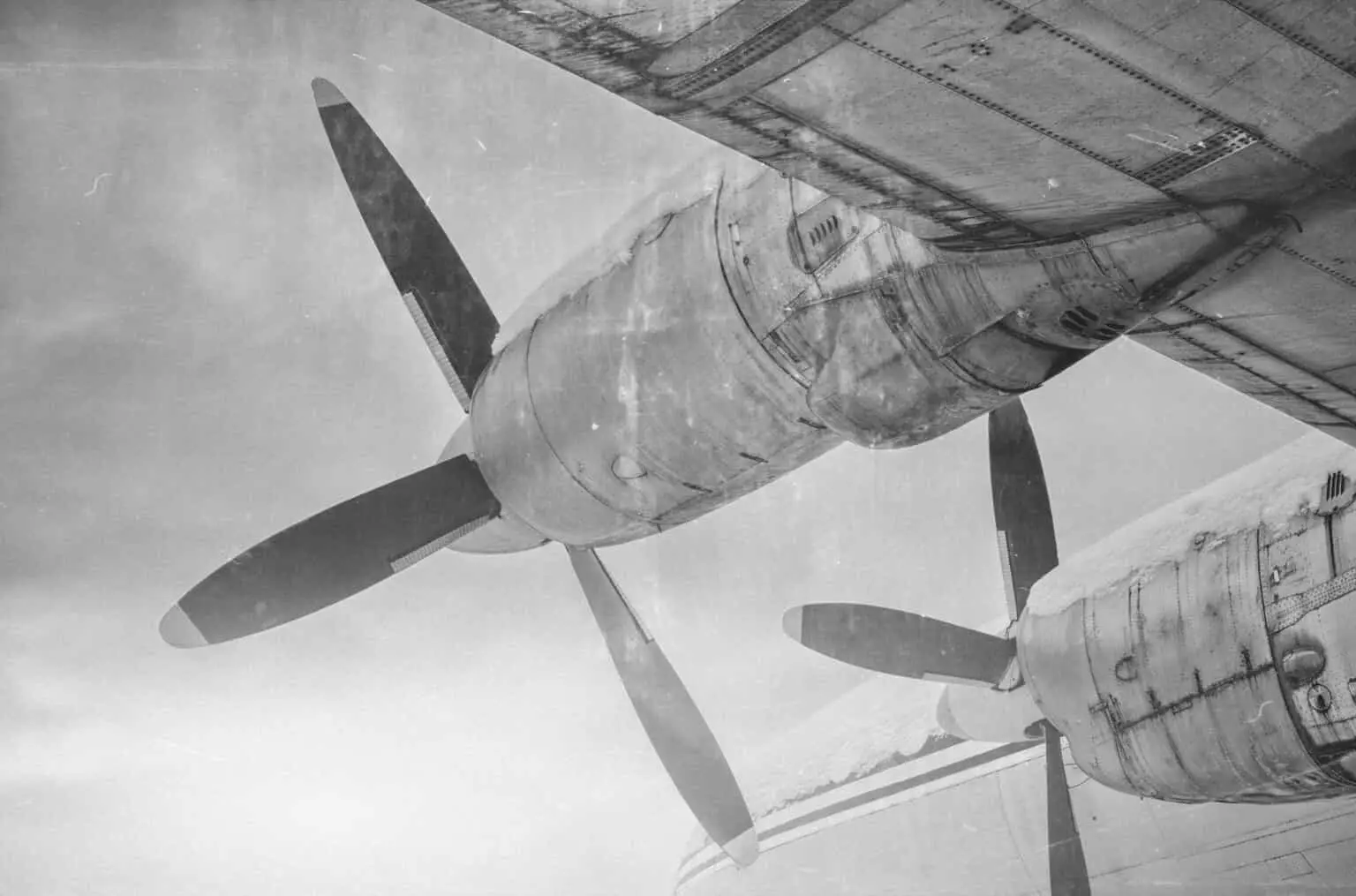Black History Month Feature: The Tuskegee Airmen

- Black History Month Feature: The Tuskegee Airmen - February 1, 2021
In honor of Black History Month, we will focus on sharing our knowledge about how African Americans have shaped the U.S., which includes the military.
We get great rates and great loans for people. This is without a doubt. However, we also care about everyone. February is nationally recognized as Black History Month. We thought it would be a great idea to talk about how coming together no matter the race, religion or creed can strengthen our forces to win important battles.
We will have two Black History Month features this month. This first feature focuses on the Tuskegee Airmen, the first African American military aviators who served in World War II.
First, we would like to point out that Bessie Coleman was the first African American woman to hold a pilot’s license in 1921. She went on to become the first African American person to hold an international pilot’s license. However, this was during a time of racial segregation. Coleman was unable to secure her license in the U.S. She went overseas to the Fédération Aéronautique Internationale, located in Switzerland, to secure this authorization to operate an aircraft.
Fast-forward to the ‘40s, African Americans who had dreams of flying an aircraft were met with harsh criticisms that claimed they were not intelligent enough to learn this skill. Other prejudiced beliefs alleged that African American soldiers were not as skilled as their white counterparts.
The predecessor to the U.S. Air Force was the Army Air Corps (AAC). In 1940, the AAC began their newly expanded pilot program right before World War II. Due to criticisms from the press, African American pilots were permitted to join the program. This was known as the “Tuskegee Experiment.” Additionally, keep in mind that the military was segregated up until this point in history. Recruits trained at the Tuskegee Army Air Field in Alabama. There were reports of racism during the recruitment and training program directed at the African American recruits.
Over the course of the war, the Tuskegee Airmen flew more than 15,000 individual military missions, including accompanying bombers, over two years in combat from 1942-1944. Their missions took place in Europe and North Africa.
In the end, their impressive performance earned them more than 150 Distinguished Flying Crosses and helped encourage the eventual integration of the U.S. armed forces, according to historical sources.
While you are here, are you considering purchasing a home or is your mortgage interest rate high? If so, we can help you out. Our VA HERO LOAN makes the mortgage process easy for service members. To find out more information about HERO LOAN at heroloan.com.





